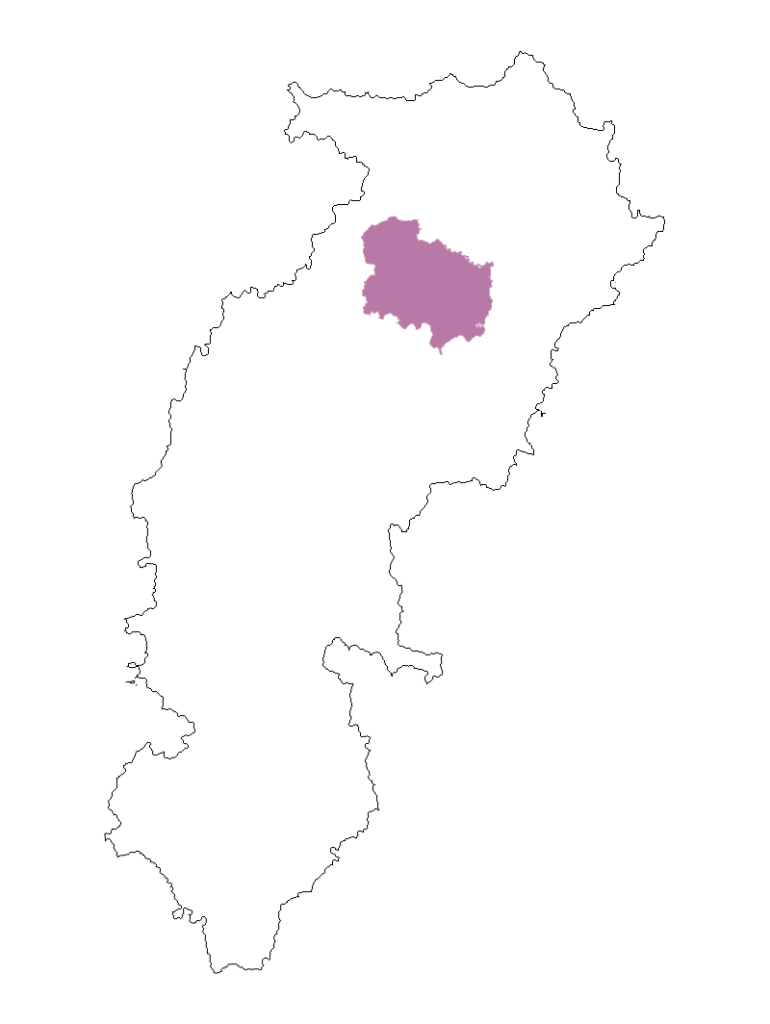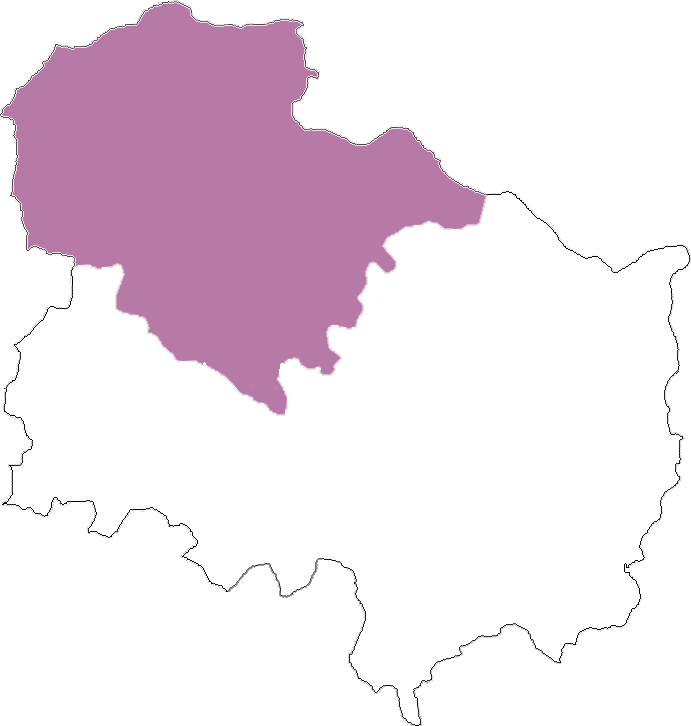
 Korba
Korba


Jan Pahal addresses three critical aspects of education – Access, Learning, and Governance – simultaneously and at scale. The aim is to ensure every 6-14 year old child is in school and on track to school completion till grade 8, address the issue of foundational learning deficit among first generation learners, create an effective learning environment in school, and strengthen school governance.
The program’s strategy is to cover the entire block and hire 90% staff locally from the gram panchayats. In the first stage, we will undertake discussions with children, parents, teachers to understand their aspirations and challenges; conduct awareness campaigns; activate School Management Committees (SMCs); set up community wide child rights forums; and liaise with panchayats and block administration.
In the second stage, regular training will be conducted with all stakeholders to optimise their functioning. Parallelly, we will open residential and non-residential bridge centres to address the learning deficits of out-of-school children and mainstream them back to schools. We will partner with government schools to run our foundational learning intervention.
In the mature stage, the ownership of the program will be transferred to the stakeholders. The SMCs will prepare effective school development plans. Grade 1 and 2 government teachers will be trained in our learning strategies. Panchayats, together with community and SMC members, will maintain the child labour free status of their area.